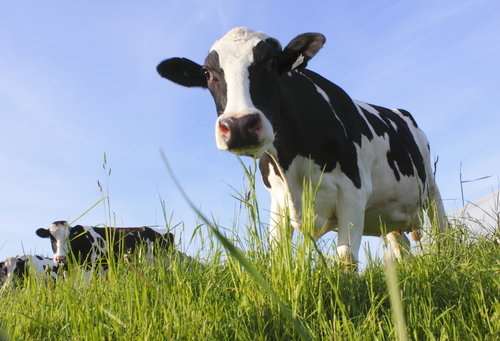Canada had nearly 11,700 dairy farms in 2015
By Diego Flammini
Assistant Editor, North American Content
Farms.com
The latest study about the economic impact of Canada’s dairy sector shows producers continue to make a major mark in the country’s economy.
The study, titled “Update on the Economic Impacts of the Dairy Industry in 2015”, was completed by EcoRessources for Dairy Farmers of Canada.

Some the research findings include:
- The dairy industry contributed nearly 221,000 jobs nationally in 2015.
- Milk production grew about 6.71 per cent between 2009 and 2015.
- The dairy sector's contributions to Canada's GDP increased from $15.2B in 2009 to $19.9B in 2015.
"The Canadian dairy industry is a key driver of our national economy and represents one of the largest agri-food industries in the country," said Wally Smith, president of Dairy Farmers of Canada, in a release. "We take great pride in our industry's economic contribution – creating jobs, increasing milk production, diversifying dairy products and stimulating local economies. All of these elements benefit Canadians and Canada."
Quebec and Ontario continue to lead the country in milk production. According to the study, Quebec had 5,766 dairy farms and Ontario was home to 3,834 dairy operations.
These provinces are also home to the lion’s share of processing plants. In 2015, 141 processing facilities called Ontario home and 165 were in Quebec.